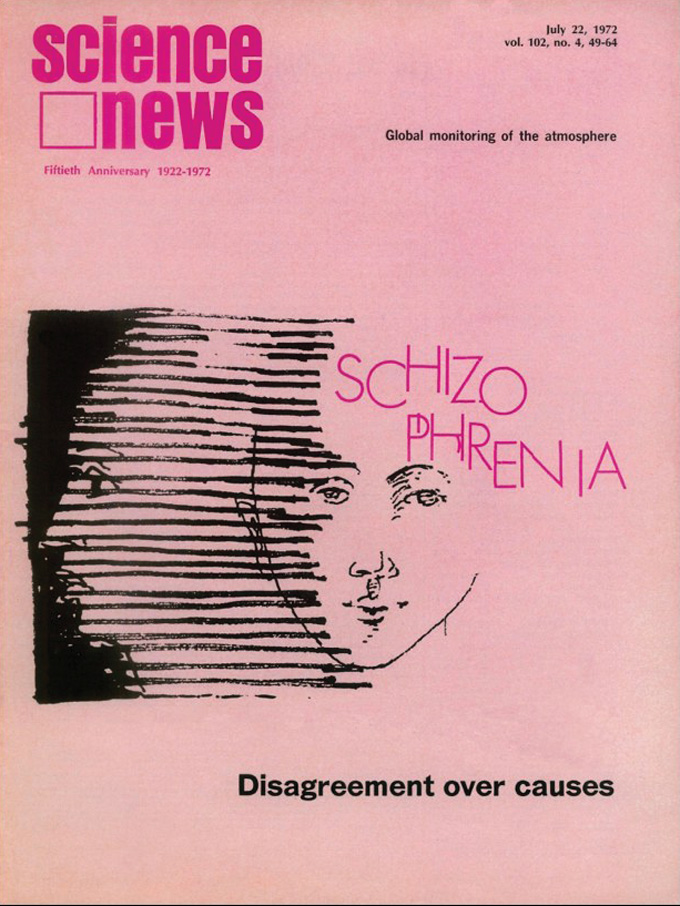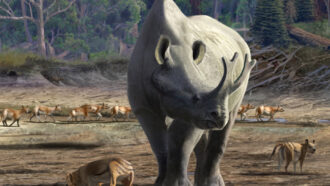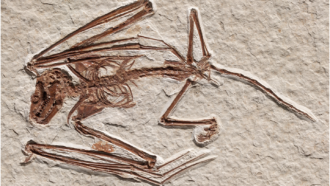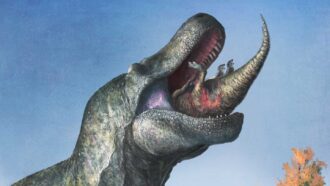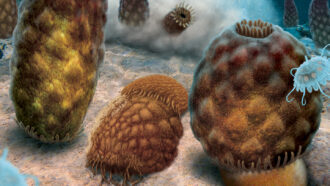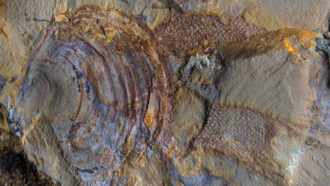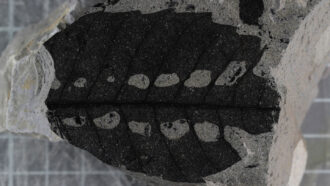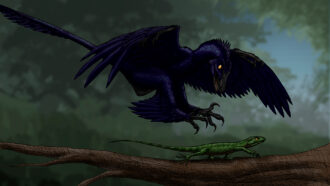50 years ago, the dinosaurs’ demise was still a mystery
Excerpt from the July 22, 1972 issue of Science News
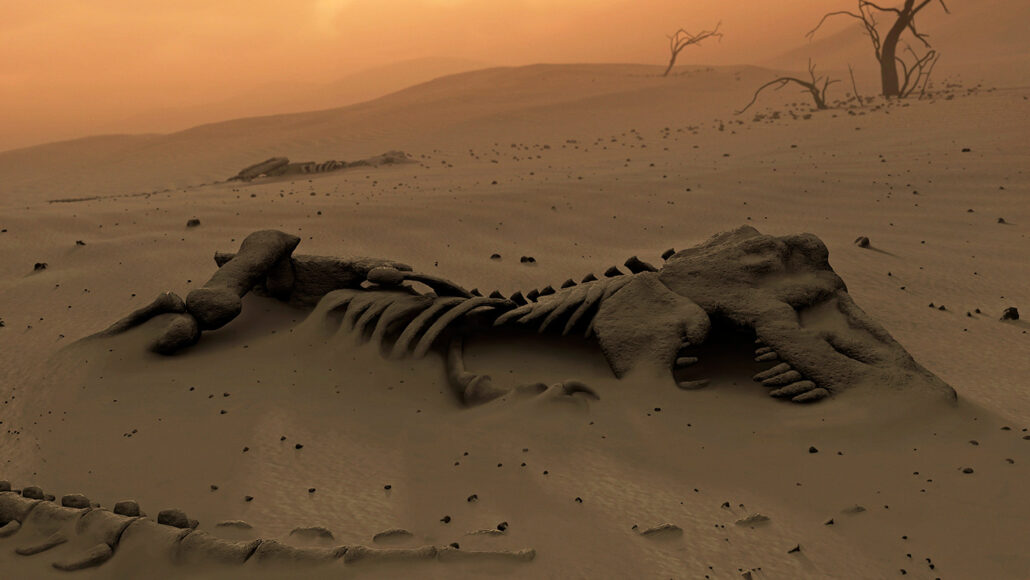
Fifty years ago, scientists thought dinosaurs’ warm blood or soft eggs may have caused the reptiles to die out (illustration of a partially buried dinosaur skeleton shown). Now, mounting evidence points to a killer asteroid impact.
MARK GARLICK/Science Photo Library/Getty Images
